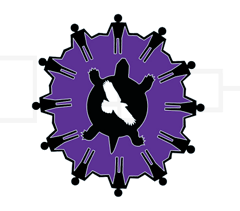Abstract
This article explores literacy in 19th century Māori society, and in particular, this work considers the initial interactions Māori tribal groups had with literacy following contact with British settlers. The overarching purpose of this article is to respond to the increasingly prevalent suggestion that literacy is a Western competency, and that to be concerned with ensuring Māori children are achieving well in reading and writing is an act of colonisation. This work illustrates that these narratives run counter to the history, behaviour, and values of many tribal groups in New Zealand. More specifically, the historical interactions Māori had with literacy illustrate that both the ability and the desire to succeed in reading and writing was a feature of Māori historical practices. Therefore, to ensure high levels of literacy achievement in contemporary times is not a colonising act but rather aligns with Māori history, behaviour, and values.
Recommended Citation
Derby, Melissa
(2021)
"A History of Māori Literacy Success,"
Journal of Indigenous Research: Vol. 9:
Iss.
2021, Article 6.
Available at:
https://digitalcommons.usu.edu/kicjir/vol9/iss2021/6

